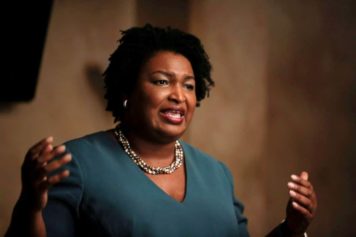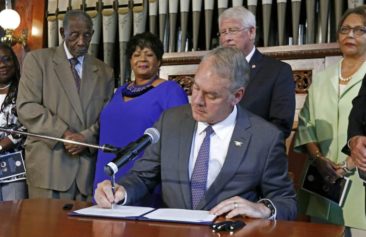A number of studies reveal that Black Americans are not getting adequate sleep. This serious health issue has a profound impact on the overall health of African-Americans. Individuals who consistently don’t get enough sleep are more prone to conditions such as heart disease and obesity, as well as diabetes and high blood pressure, which are all prevalent in the Black community. Many Black Americans are also predisposed to diabetes and high blood pressure due to family history, and lack of sleep increases the likelihood that these health issues will develop. The studies also show that sleep deprivation is a problem for African-Americans at all income levels.
Black Americans in management positions are definitely sleep deprived—42 percent of African-Americans with leadership roles at work get less than seven hours of sleep each night. Thirty-seven percent of those who are members of support staff get less than seven hours of sleep a night.
During a recent episode of NewsOne Now, host Jeff Johnson sat down with Dr. Karla Robinson and Dr. Robert C. Robinson III, also known as the Urban Housecall Doctors, to talk about how important it is for adults to get a fulfilling night’s sleep. Dr. Robert shared that “so many of us devalue sleep, don’t recognize the importance of sleep, the physiological benefits of sleep…” This is a significant problem in the African-American community, particularly among those who have to work hard and provide for several members of the household.
Dr. Karla also explained that African-Americans often “have to work twice as hard,” in keep with the advice that many Black professionals have gotten from family and friends to “be twice as good to be considered on the playing field.” She states that work ethic has a lot to do with the lack of sleep many Black men and women are getting each night. Dr. Karla also clearly states that “it’s stressful to be Black in America,” which has been re-emphasized lately by social movements like Black Lives Matter, and the racial profiling that African-Americans continue to receive in the workplace and in school.
While many African-Americans have a schedule that allows for little sleep (such as a single mother who works full time and may also be caring for an elderly parent), Dr. Robert also shares that African-Americans have not been taught to appreciate or value sleep.
“We don’t understand the restorative benefits of sleep,” he shares.
He and Dr. Karla want to emphasize to the Black community that there are physical advantages to getting enough rest, but there are mental benefits as well. Dr. Robert also emphasized that not getting enough sleep can lead to weight gain and obesity. When the body is not getting adequate rest in a 24-hour time span, there is little time to restore the cells and properly burn fat. He also shares that “once you get into a sleep deficit situation, it’s nearly impossible to make that up.”
Effective ways to get more restful sleep at night include turning off all lights and technological devices before bed, so that the brain shuts off and goes to sleep quicker, and avoiding coffee and tea an hour or two before bed, since the caffeine in these drinks stimulates the nervous system and makes falling asleep difficult.
As much as possible, sticking to a sleep schedule can increase the chances of a restful night’s sleep on a regular basis as well.



